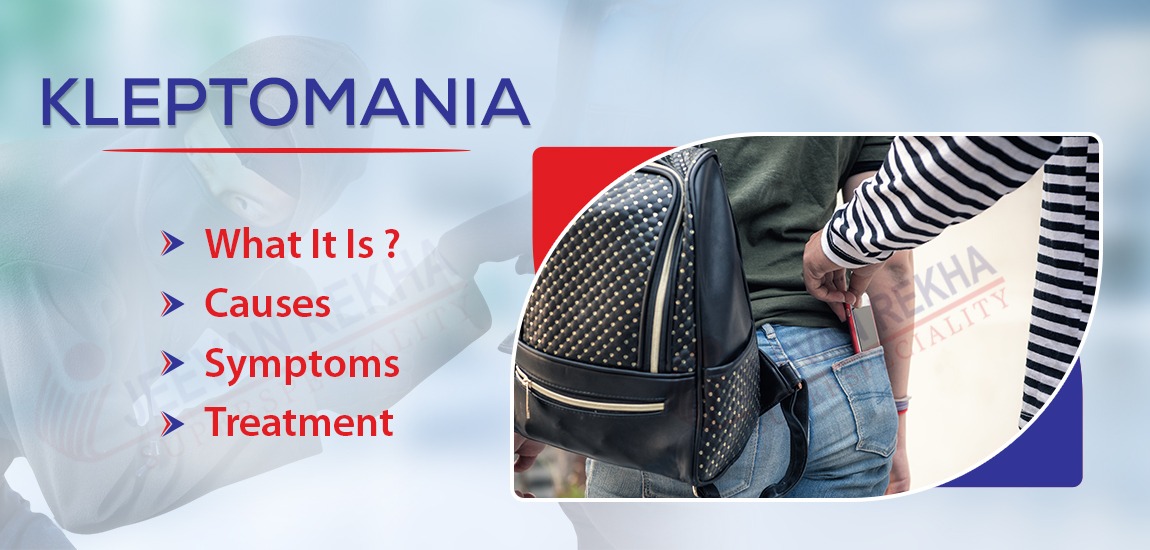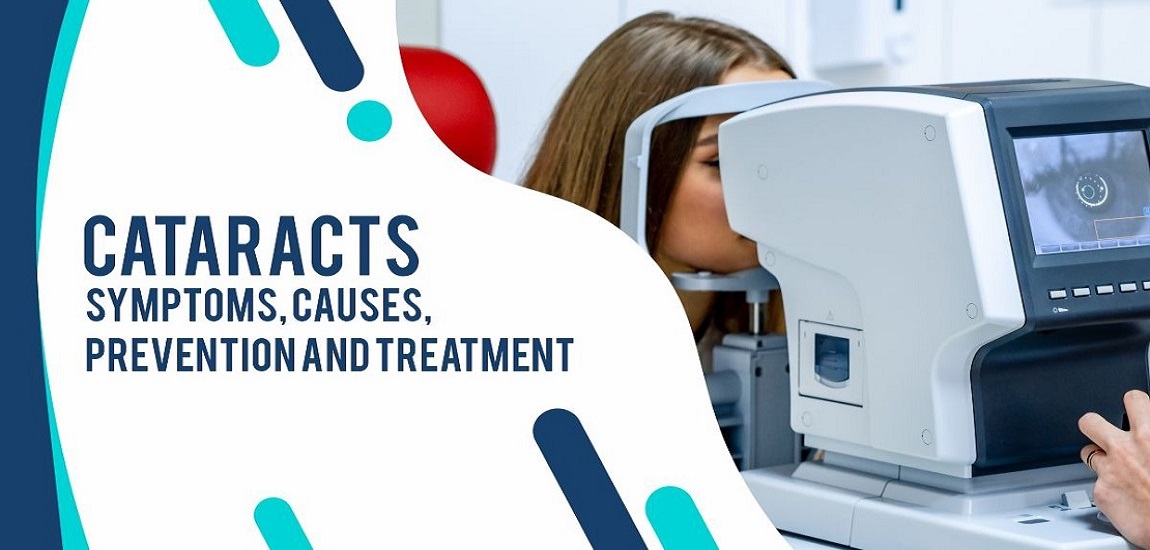
- By Admin
- In Health and Tips,
- Posted January 11, 2024
Kleptomania: What It Is, Causes, Symptoms and Treatment
Kleptomania is a psychiatric disorder characterized by recurrent impulses to steal items that are not needed for personal use or their monetary value. Individuals with kleptomania often experience a sense of tension before committing the theft, followed by relief or gratification during the act.
Unlike common theft, the motivation behind kleptomania is typically not driven by personal gain or rebellion. Instead, it is considered an impulse control disorder, often occurring in the absence of any other psychiatric or substance abuse issues.
The exact cause of kleptomania is not fully understood, but it is believed to involve a combination of biological, psychological, and environmental factors. Treatment typically involves psychotherapy, such as cognitive-behavioral therapy, and may include medications to address underlying issues.
Causes of Kleptomania:
The exact causes of kleptomania are not well-defined, but a combination of biological, psychological, and environmental factors is believed to contribute to the development of this impulse control disorder. Some potential factors include:
- Biological Factors: There may be a genetic component to kleptomania, as individuals with a family history of impulse control disorders or other mental health conditions may be more predisposed to developing kleptomania.
- Brain Chemistry: Imbalances in neurotransmitters, particularly serotonin, dopamine, and norepinephrine, have been suggested as possible contributors to kleptomania. These neurotransmitters play a role in regulating mood, impulse control, and reward systems.
- Psychological Factors: Underlying psychological issues, such as anxiety, depression, or unresolved trauma, may contribute to the development of kleptomania. The act of stealing may provide a temporary sense of relief or escape from emotional distress.
- Impulse Control Dysfunction: Kleptomania is classified as an impulse control disorder, suggesting difficulty in resisting urges or impulses. Dysfunction in the brain's impulse control mechanisms may be a contributing factor.
- Environmental Factors: Stressful life events, significant losses, or exposure to situations that trigger anxiety or tension may contribute to the onset of kleptomania. Environmental factors can interact with genetic predispositions and psychological vulnerabilities.
Symptoms of Kleptomania:
Kleptomania is characterized by recurrent and impulsive stealing of items that are not needed for personal use or their monetary value. The key symptoms include:
- Recurrent Impulses to Steal: Individuals with kleptomania experience strong, recurrent urges to steal items. The theft is typically spontaneous and unplanned.
- Inability to Resist the Urge: One of the defining features is the inability to resist the impulse to steal, even when the individual knows it's wrong or could lead to negative consequences.
- Tension Before the Act: Before committing the theft, individuals with kleptomania often experience increasing tension, anxiety, or arousal.
- Sense of Relief or Pleasure: Stealing brings about a sense of relief, pleasure, or gratification. This feeling may be short-lived, and guilt or remorse may follow.
- No Rational Motivation: Unlike common theft, stolen items are usually of little or no personal value to the individual, and the act is not motivated by revenge, anger, or the desire for personal gain.
- Impulsive Nature: Kleptomania is impulsive and is not premeditated or driven by financial need. The thefts are usually spontaneous and occur without careful planning.
- Repetitive Behavior: Kleptomania involves a pattern of repeated stealing episodes over time. The behavior is chronic and may lead to legal, financial, or personal consequences.
- Secrecy and Shame: Individuals with kleptomania may go to great lengths to keep their stealing behavior a secret, as they may feel ashamed or embarrassed about their actions.
Diagnosis of Kleptomania:
Diagnosing kleptomania involves a thorough assessment by a mental health professional, typically a psychiatrist or psychologist. The diagnosis of Kleptomania includes:
- Clinical Interview: A comprehensive clinical interview is conducted to gather information about the individual's history, symptoms, and behaviors. The mental health professional will inquire about the frequency and nature of the stealing episodes, any associated stressors, and the emotional context surrounding the thefts.
- Diagnostic Criteria: The mental health professional will refer to established diagnostic criteria, such as those outlined in the Diagnostic and Statistical Manual of Mental Disorders (DSM-5), to determine if the individual's symptoms align with the criteria for kleptomania. Kleptomania is categorized as an impulse control disorder in the DSM-5.
- Rule Out Other Conditions: It is crucial to rule out other potential explanations for the stealing behavior. Other psychiatric disorders, substance abuse issues, or medical conditions may present with similar symptoms, and a thorough evaluation helps ensure an accurate diagnosis.
- Collateral Information: Gathering information from collateral sources, such as family members, friends, or legal records, may provide additional insights into the individual's behavior and help confirm the diagnosis.
- Psychological Testing: In some cases, psychological testing may be conducted to assess cognitive functioning, emotional state, and personality traits. While not necessary for all cases, such testing can provide a more comprehensive understanding of the individual's mental health.
Also read: Body Dysmorphic Disorder: Types, Symptoms, Causes and Treatment
When should I see a doctor?
If you suspect that you or someone you know may be experiencing symptoms of kleptomania, it's important to seek professional help. Let’s see some symptoms of when to see a doctor:
- Recurrent Impulsive Stealing: If there is a pattern of recurrent, impulsive stealing of items that are not needed for personal use or their monetary value.
- Inability to Control Urges: If there is a consistent inability to resist the urge to steal, even when aware of the potential negative consequences.
- Personal Distress or Impairment: If the stealing behavior is causing significant distress, impairment in social, occupational, or academic functioning, or if it's leading to legal problems.
- Feelings of Guilt or Shame: If there are strong feelings of guilt, shame, or remorse after each stealing episode.
- Secrecy and Isolation: If there is a tendency to keep the stealing behavior a secret, leading to isolation or strained relationships.
- Concerns Raised by Others: If family members, friends, or colleagues express concern about the stealing behavior and its impact on the individual's life.
- Impact on Mental Health: If there are underlying mental health issues, such as anxiety or depression, that may be contributing to or exacerbated by kleptomania.
Treatment of Kleptomania:
The treatment of kleptomania typically involves a combination of psychotherapy and, in some cases, medication. Individuals with kleptomania need to seek professional help from mental health providers for a thorough assessment and personalized treatment plan. Here are common approaches to treating kleptomania:
1. Psychotherapy:
- Cognitive-Behavioral Therapy (CBT): CBT is often considered the primary therapeutic approach for kleptomania. It focuses on identifying and changing thought patterns and behaviors associated with stealing. Cognitive restructuring and developing alternative coping strategies are integral components.
- Behavioral Interventions: Behavioral therapies, such as habit reversal training, can help individuals gain better control over impulsive behaviors. This involves learning to recognize triggers for stealing and developing alternative responses.
2. Medication:
- Selective Serotonin Reuptake Inhibitors (SSRIs): Antidepressant medications, particularly SSRIs like fluoxetine or sertraline, may be prescribed. These medications can help regulate serotonin levels in the brain and may positively impact impulse control.
- Mood Stabilizers: In some cases, mood stabilizers such as lithium or anticonvulsant medications may be considered to address mood-related aspects of kleptomania.
3. Support Groups: Group therapy or support groups can provide a supportive environment where individuals with kleptomania can share their experiences, receive encouragement, and learn from others who are facing similar challenges.
4. Family Therapy: Involving family members in therapy can be beneficial, as it can help improve understanding, communication, and support within the family unit.
5. Mindfulness and Stress Management: Practices such as mindfulness and stress management techniques can be incorporated to help individuals develop healthier coping mechanisms and reduce the emotional triggers that lead to stealing.
6. Psychiatric Evaluation: A thorough psychiatric evaluation is crucial to assess and address any coexisting mental health conditions that may be contributing to or exacerbating kleptomania.
Tags
Blog Search
Latest Posts
-
Ear Infections (Otitis Media): Top Triggers & How to Avoid Them?
April 11, 2025 -
Implantation Bleeding Vs Periods: Know the Difference
March 12, 2025 -
5 Tips for a Happy and Healthy Summer
February 27, 2025 -
Body Ache (Pain): Causes, Symptoms and Treatment Options
February 10, 2025 -
Fatigue and Exhaustion: Causes, Symptoms, and Treatment
January 08, 2025




